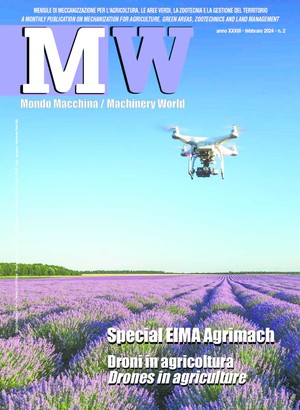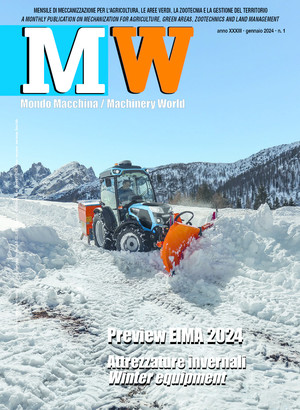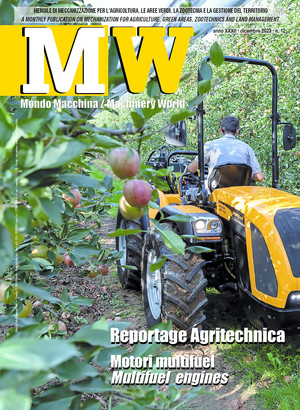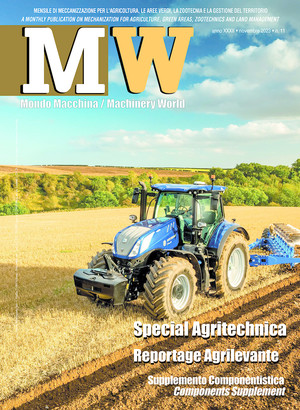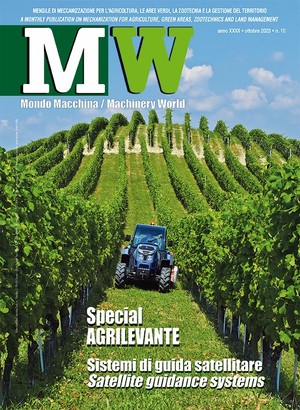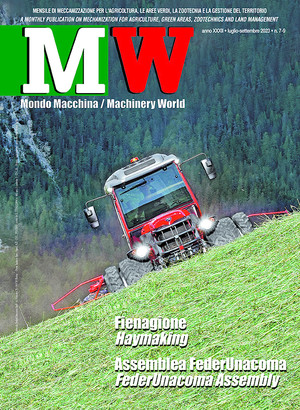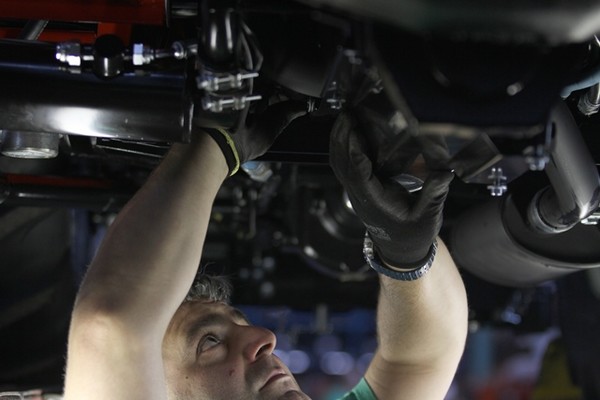
Specialized mechanical engineering at risk
The agricultural and groundskeeping manufacturers federation, FederUnacoma, has expressed worries about the Dignity Decree passed by parliament into law last August because of the sudden change in the direction of hiring and work contracts. This specific industry sector accounts for € 11 billion in sales, annual exports at € 7.5 billion and 1,800 enterprises with workforces of 52,000 employes and strongly depends on seasonable demand and industry and agricultural variabilities which come up at the global level. These considerations require greater flexibility. The strategy applied with the Jobs Act for 70% of new hirings in the sector in these years is bound to this measure which carries the risk of being drastically scaling down jobs
The specialized mechanics sector has asked the government for greater flexibility in labor policy but the Dignity Decree approved by parliament in August has not taken into account the request of Confindustria, the National Manufacturers Association, and the single industry sectors.
FederUnacoma, the Agricultural Machinery, Equipment, Components and Groundskeeping Manufacturers Federation represented by Confindustria as a member is a strong point in the Made in Italy sector with annual sales of € 11 billion, exports at € 7.5 billion with 70% of production shipped abroad and 1,800 enterprises with a workforce of 52,000 employees.
These figures were reported to the government and political parties to explain that the contents of the Dignity Decree reform of the Jobs Act make hiring regulations more rigid, can block the recovery of occupations and jeopardize competition and the sustainability of the production facilities of the sector.
A study carried out by Federmechanics on the effects of the Jobs Act on industries to find that for this pertinent agricultural machinery sector with more than 70% of hirings on permanent contracts which took place due to regulations which now have lost their effectiveness. Moreover, the new decree introduces strict constraints on term contracts with no consideration for sectors such as agricultural machinery for the maintenance of greenery which is inevitably linked to the seasons which means a requirement for flexible hiring. FederUnacoma went on to reiterate the need for labor policy for research and innovation for digital production with continuity over time and not subjected to sudden revisions. FederUnacoma President Alessandro Malavolti pointed out, “Our sector is exposed to all the variables which weigh on the industry and everything that involves agriculture and for this reason is subjected more than others to blowbacks due to economic crises and negative trends which can come at the global level or in more limited production areas.” He went on to affirm, “Flexibility is a fundamental instrument for agricultural mechanics to react to market and competition challenges. This sector of Italian mechanics is burdened with substantial costs for research and innovations, for adjusting their own ranges to the European Union regulations with ongoing transformations and is investing considerable resources for increasing standings on foreign markets. What is necessary is a mid-term program of occupation strategies, something which would be impossible if the government verifies radical changes of direction.



